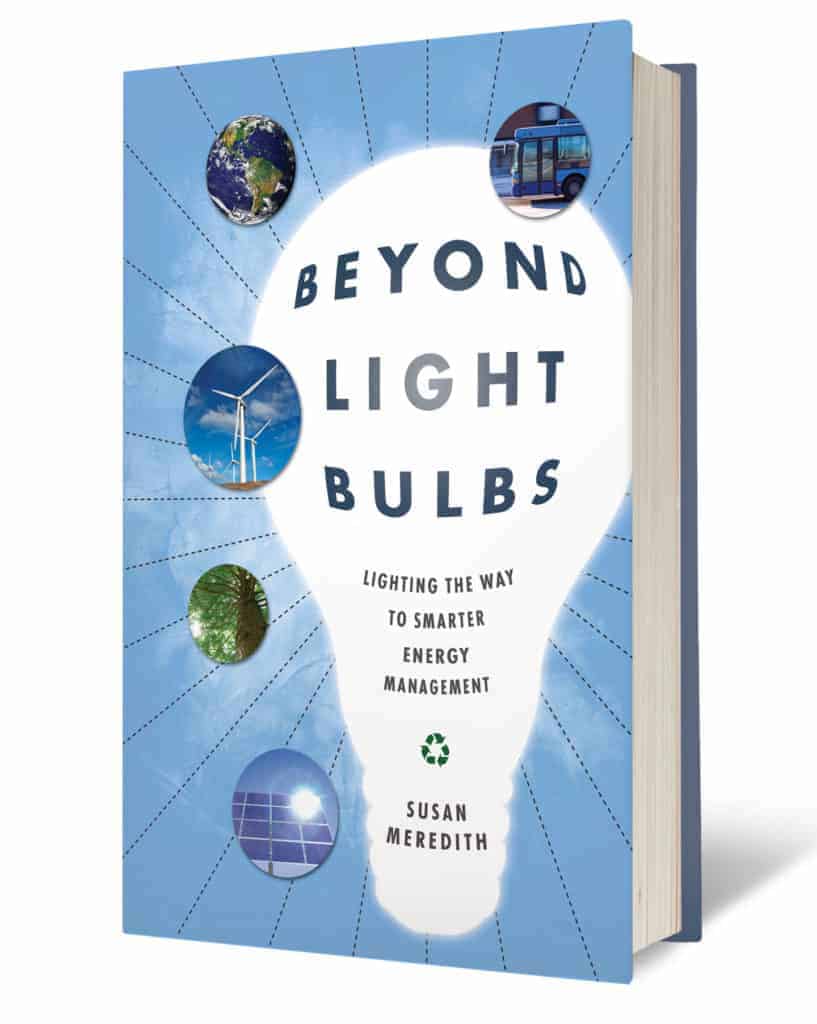
This is an excerpt from my book “Beyond Light Bulbs: Lighting the Way to Smarter Energy Management”
On a global level, we have some problems. It’s uncomfortable to see those videos of starving children in Africa. It’s depressing and sometimes frightening to hear about war, hurricanes, earthquakes, and disease. It’s much easier to turn the channel or turn the page, to turn off and tune out. And time goes on.
But the problems are still there. We could argue about the urgency of reducing oil dependence. We could debate whether global warming is causing more hurricanes and typhoons. We could figure that the economy and our global relationships are doing just fine. But what if we could improve them? What if we could:
• reduce dependence on foreign oil?
• minimize climate change?
• stimulate the economy?
• promote global relationships?
• reduce world hunger?
Rather than address energy as a problem, it is addressed here as an opportunity. A solution is mapped out. It is not the only solution. It is a solution. It is not even a solution that I am wholly advocating. It is primarily used to show the components and how they could fit together. The proposals are not unique. What perhaps is unique is that this book shows a pathway to get there.
Solving the energy problems does not have to mean deprivation. There is neither a scarcity nor an overabundance of energy. As a matter of fact, the amount of energy in our universe doesn’t change. One of the laws of physics states that energy is neither created nor destroyed; it just changes form. The challenge is in getting the energy in the form we need at the appropriate time and place. We now have the opportunity to assess energy management on a global scale and create a solution that works for everyone.
